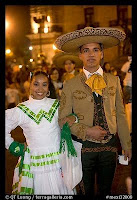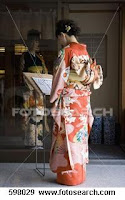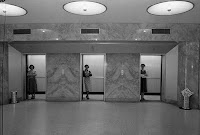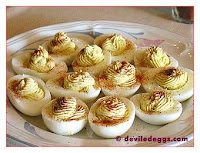Society has a way of dropping and adding changes that sweeps one along with the new practices, like it or not. Some of the better changes indicate we may be moving in the direction of achieving equal opportunities for pursuing happiness. This, of course, may mean different things to different people.
The French are being faced with the possibility of giving up their traditional month long August vacations to compete with year round work practices of other countries. International travel plays a part in the changing mores of countries too. When I first visited Mexico; women were rarely seen on the street without being accompanied by a male escort, (a small boy would suffice), or in the company of other women. Neither did they wear pants or slacks. Daughters were always chaperoned when they went on a date with a boy.
In the years prior to WWII American women were in the habit of wearing hats and gloves as a fashion statement. When my family lived on the San Francisco peninsula, our dress was casual, but when we went into San Francisco we ‘dressed’ for the city wearing hats and gloves. When we shopped for gloves at the department stores, we sat on high stools at a counter and placed our elbows on a pad while a clerk carefully massaged the kid gloves onto each finger until the glove was on our hand then the process was repeated on the other hand.
Buildings with elevators had operators whose job was ride the elevator and push the buttons for people getting on and off. The operators also announced the list of goods sold on each department store floor as passengers got on and off.
When I moved to Texas and started building my little house, I discovered that blue laws prevented shopping for materials on the weekend. Having moved from California where one could shop 24/7 for anything, I was amazed that such limitations still existed. The recession during Regan’s term of office caused the decline of the oil patch and caused southeast Texas economic hardship. The business men and shop keepers demanded a change in the laws and it wasn’t long before one could buy a hammer on Sunday if you needed one.
The internet, television and globalization are fast changing the lives of people everywhere. Homogenizations discard traditional customs in language, food and dress. People are less formal and often use first names instead of the more formal Mr. or Mrs. Even President Obama is often called Barack as a matter of affection. Vocabulary is diminished when a few words of slang serves as communication. The art of conversation is lost when abbreviated texting replaces the give and take of communication.
We have adopted foreign foods like Tacos, Burritos and Pizza and turned them into ‘fast food’ ignoring regional dishes unique to a place.



The migration of people also plays a role in changing cultural patterns when sifting and blending gives way to adoption. Traditional costumes identifying nationalities, now seen in pageants and museums, are replaced with garments duplicated in factories the world over.



National security has drastically changed the ease of air travel. The days of arriving at the airport with tons of luggage just in time for a scheduled flight are gone forever. We have all seen the horror stories on television when passengers have been captive for hours before disembarking. Metal detectors and X-ray machines verify that weapons are not being carried on board.




















